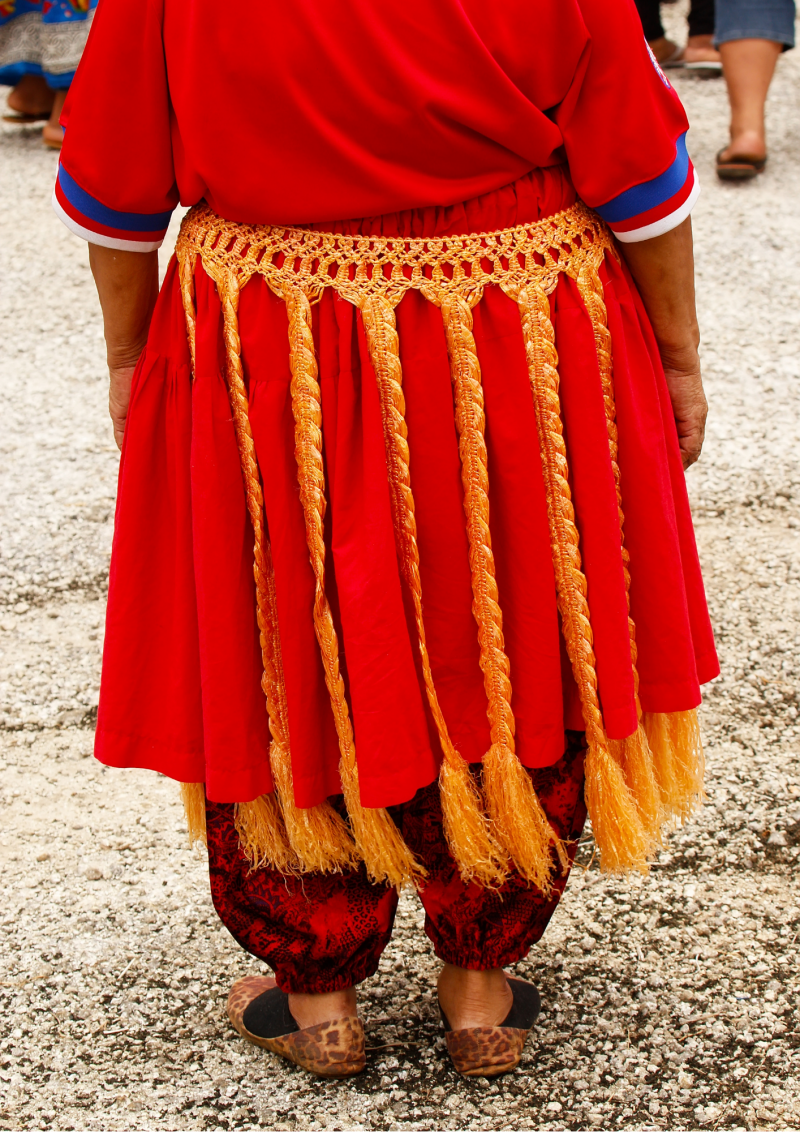

Through a three-step approach, this new UN joint programme aims to provide business training, business advisory services and business mentoring. The goal is to bolster financial stability, amongst this fast-growing segment of society, thereby fueling a swifter economic recover.
7 Mar 2021, Tonga, Palau, Fiji and Vanuatu – As the world marks its second International Women’s Day on March 8th since the onset of COVID-19, United Nations Secretary General, Antonio Guterres did not mince his words during his annual statement. “The COVID-19 pandemic has erased decades of progress towards gender equality,” he said. “From high job losses to exploding burdens of unpaid care, from disrupted schooling to an escalating crisis of domestic violence and exploitation, women’s lives have been upended and their rights eroded.”
Common livelihoods for women in the Pacific such as market vending, farming, fishing and daily wage earning, have been particularly devastated, as they make up the informal sector where income is not secure and there is no insurance, paid leave or safety nets. When there are economic shocks and people can’t trade, women with informal businesses such as market vendors, have no other way to access money.
In Tonga, the local handicraft market was closed for weeks in 2020, as part of national COVID19-containment measures; this heavily impacted vendors. Informal employment is usually characterized by a lack of structure, including non-regular working hours and a lack of access to secure benefits, welfare protection or representation. As a result, one such vendor explained that she had missed out on government assistance due to being a part of a largely unregulated and unseen segment of the workforce.
Similarly, in Fiji, women crafters who are the sole breadwinners in household have experienced more home responsibilities, particularly with children and grandchildren or great grandchildren being confined. One crafter shared that she has now used up all her savings and has borrowed money and is now bartering to access the raw materials she needs.
As the informal sector continues to swell due to job losses and reduced working hours, the United Nations has embarked on a project aimed at supporting economic recovery through strengthening the long-term sustainability of businesses in the informal sector of Fiji, Palau, Tonga and Vanuatu.
A joint initiative between the International Labour Organisation [ILO], United Nations Educational, Scientific and Cultural Organisation (UNESCO), United Nations Development Programme (UNDP) and the International Fund for Agricultural Development (IFAD), the project received approval through the UN Secretary General’s Multi-Partner Trust Fund for COVID-19 recovery.
The year-long initiative targets two main sub-sectors of Pacific informal economies – the creative industries and agriculture sectors. For those working creative trades, effects have been widespread as a direct result of a highly impacted tourism sector, not likely to resume to its 2019 levels prior to 2022, in the most optimistic scenario. Meanwhile, the return of urban dwellers to rural areas has resulted in the increase of agricultural activities. While this has supported resilience in food security, this newly created segment of the informal sector has reportedly faced difficulty in selling its produce; likely reflecting skills-gap, as well as a change in market structure.
Through a three-step approach, the new UN Project aims to provide: business training, business advisory services and business mentoring. The goal? To bolster financial stability, amongst this fast-growing segment of society, thereby fueling a swifter economic recovery.
Calling on countries, companies and institutions to adopt special measures to advance women’s equal participation and achieve rapid change, the UN Secretary General emphasized, ‘As we recover from the pandemic, support and stimulus packages must target women and girls specifically, including through investments in women-owned businesses and the care economy. Pandemic recovery is our chance to leave behind generations of exclusion and inequalities. Whether running a country, a business or a popular movement, women are making contributions that are delivering for all and driving progress towards the Sustainable Development Goals